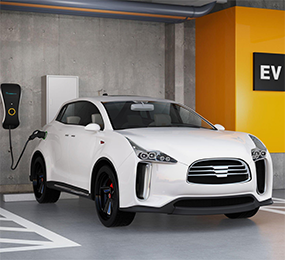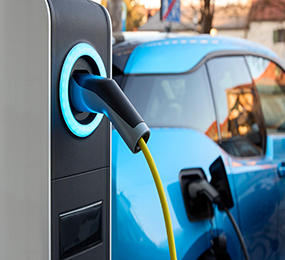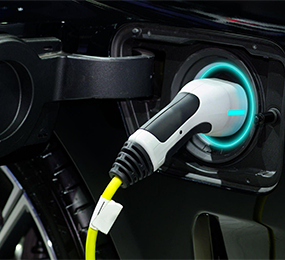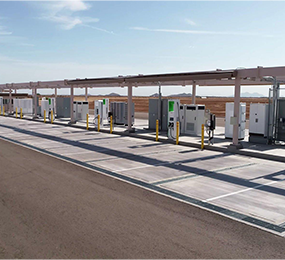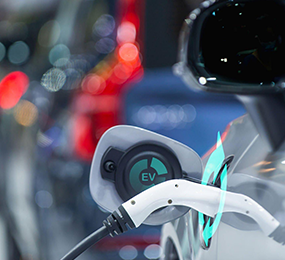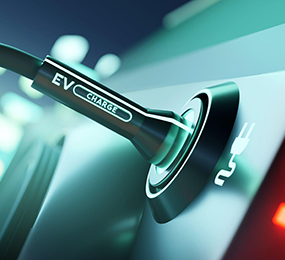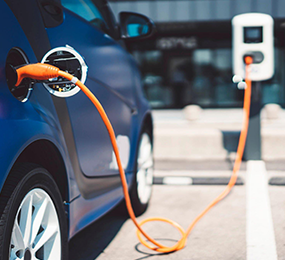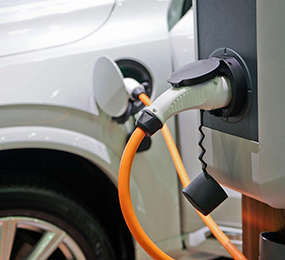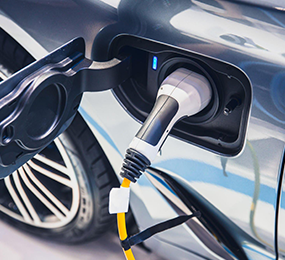Grid Integration: Balancing the Impact of EV Charging on Power Systems
Grid integration of electric vehicles (EVs) represents a critical juncture in the transition to sustainable energy. As EV adoption rises, so does the demand for electricity, posing challenges and opportunities for power systems. Effective grid integration ensures that this increased load does not overwhelm the existing infrastructure. Smart charging solutions, which optimize the timing of EV charging to off-peak hours, play a pivotal role in balancing the grid. These solutions not only prevent grid congestion but also enhance the utilization of renewable energy sources, as EVs can be charged when solar or wind power generation is high.
Moreover, vehicle-to-grid (V2G) technology allows EVs to discharge energy back into the grid during peak demand times, effectively turning them into mobile energy storage units. This bidirectional flow can stabilize the grid, reduce energy costs, and promote the integration of intermittent renewable energy sources. However, widespread implementation of such technologies requires substantial upgrades in grid infrastructure and robust regulatory frameworks. Collaboration among stakeholders, including utility companies, EV manufacturers, and policymakers, is essential to realize the full potential of EVs in a smart, sustainable grid. By addressing these challenges, the power system can support the growing number of EVs while advancing towards a more resilient and efficient energy landscape.
Visit our website to know more: https://www.leadventgrp.com/events/3rd-annual-ev-charging-infrastructure-forum/details
For more information and group participation, contact us: [email protected]
Leadvent Group - Industry Leading Events for Business Leaders!
www.leadventgrp.com| [email protected]


